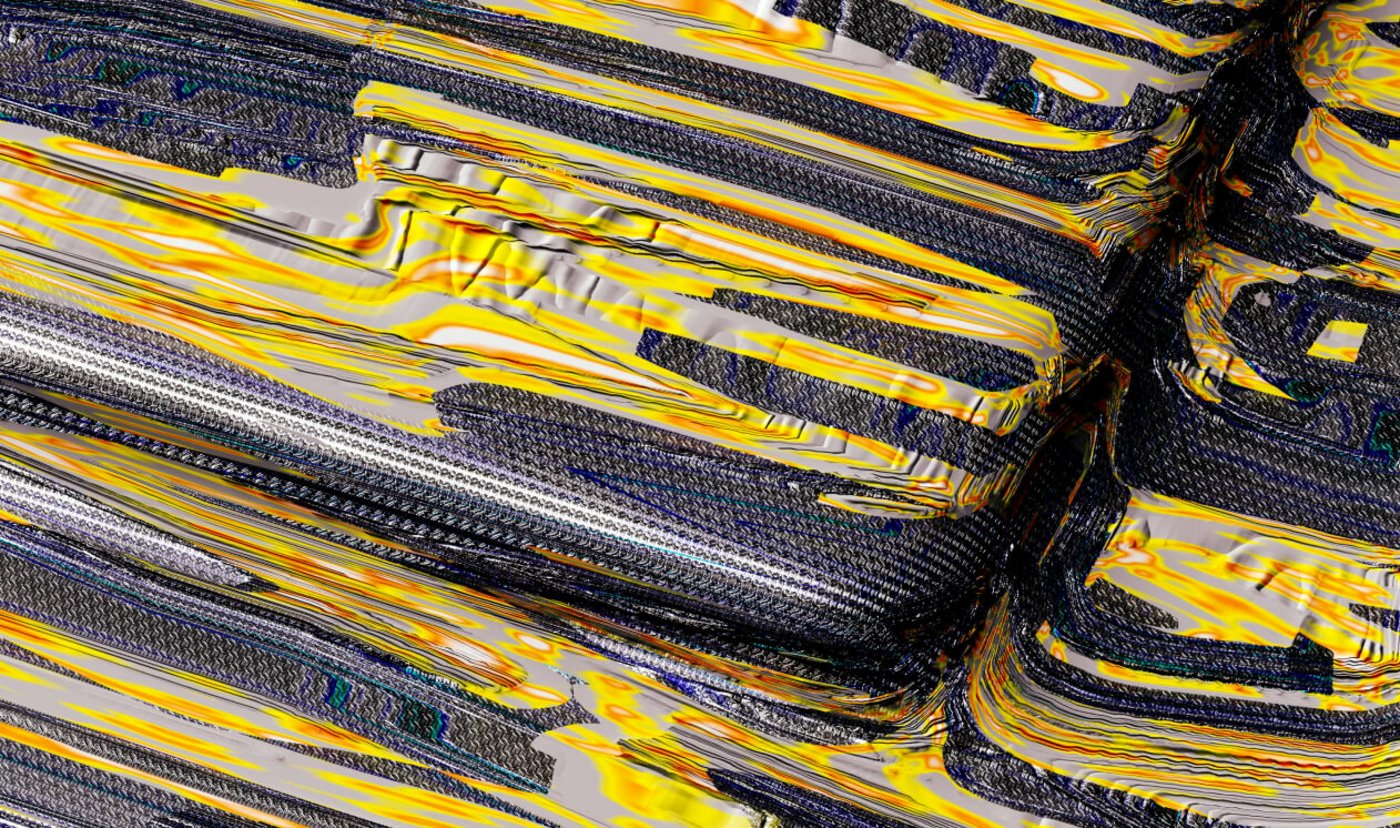FOREVER CHEMICALS—THE PROBLEM WITH PFAS AND WHAT COULD REPLACE THEM

There are numerous ongoing efforts to reduce the use of plastics and other synthetics, but there is one special group of them that poses a particularly large risk for people and the environment. Per- and polyfluoroalkyl substances, or PFAS for short, are also known as forever chemicals since they do not degrade or break down very well in nature. Because of this, they can pollute drinking water, foodstuffs and entire ecosystems.
The very chemical properties that make PFAS particularly resilient also render them extremely versatile. This makes the chemicals, which have been produced since the 1940s, quite popular in many industries. From foodstuff packaging and non-stick coatings for pans, to fire-extinguishing agents and oil pipeline construction, numerous products and manufacturing processes utilize these compounds. However, this also releases them into the environment, where their resistance and longevity become a problem. Not only do they damage the ecosystems, but they can have harmful or even carcinogenic effects on human health. This makes it necessary to either curb the use of PFAS or counter their negative impacts.
At the moment, sewage treatment plants are unable to filter PFAS out of wastewater. One method of containment is the use of activated carbon filters, but these can only filter out a portion of the various PFAS. Remediation of contaminated soil is also possible, but landfilling the chemicals only moves the problem elsewhere, resulting in additional costs. New technologies may be able to contribute to solving these problems.

For example, a research group at the University of Rochester in the US state of New York has developed a new electrochemical process with which PFAS can be removed from the environment, using nanomaterials produced with lasers. According to the research group’s calculations, this method would be a significantly cheaper alternative than current applications for removing PFAS, but the technology is not yet ready for more widespread use.
A general ban on the use of forever chemicals could prevent the continuing contamination of the environment. However, at the moment, only individual PFAS compounds that have been shown to have negative effects are currently banned in the European Union. A group of EU member states, including Germany, wants to ban the production, use and import of the chemicals across the EU, restrictions that would only come into force as early as 2025. A worldwide ban on PFAS could be enforced by including them in the Stockholm Convention, which regulates measures for prohibiting and restricting persistent organic pollutants, also known as POP.

Yet a comprehensive ban on PFAS would prove challenging for industrial companies, which is why researchers are seeking alternatives to them. The ZeroF research project, for instance, is working on finding substances that can safely be used in the production of food packaging and textiles. It is specifically focused on developing oil-repellent, water-repellent and abrasion-resistant coatings. It is one of a total of four EU-funded research projects looking for environmentally friendly replacement chemicals.
Ultimately, only a combination of effective recovery and filtration methods, appropriate regulations and high-performance replacement products will ensure that we will not forever be dealing with these forever chemicals.